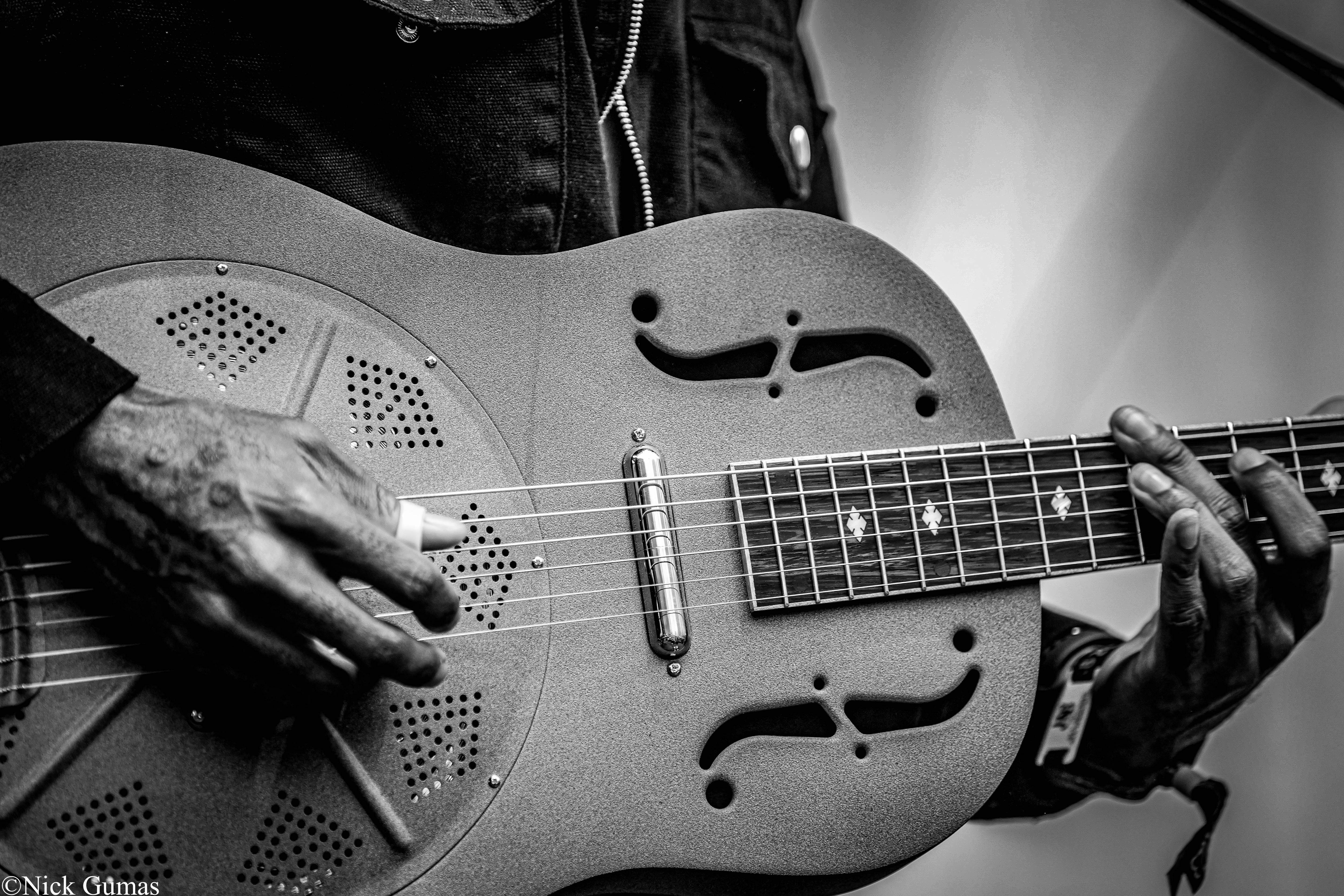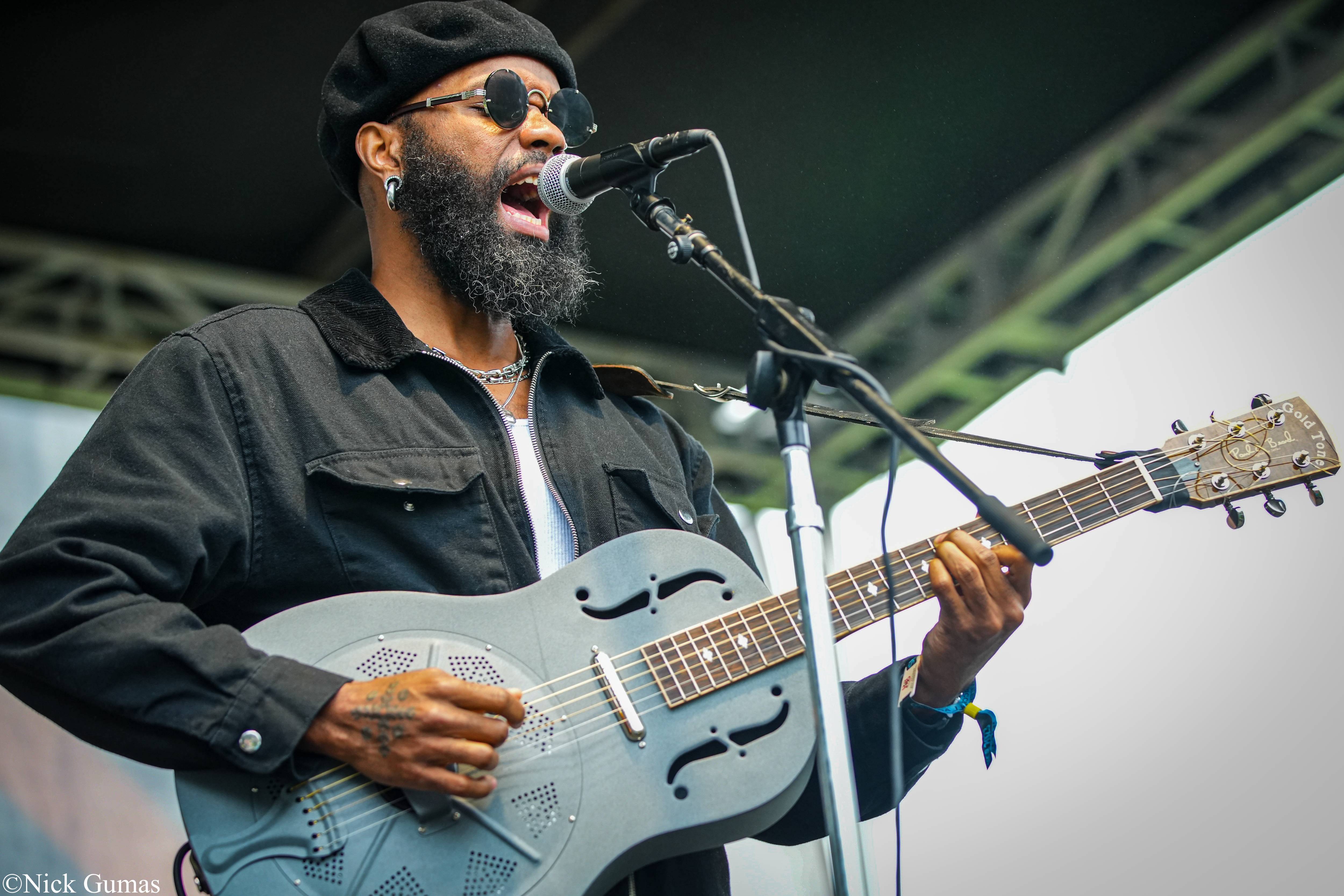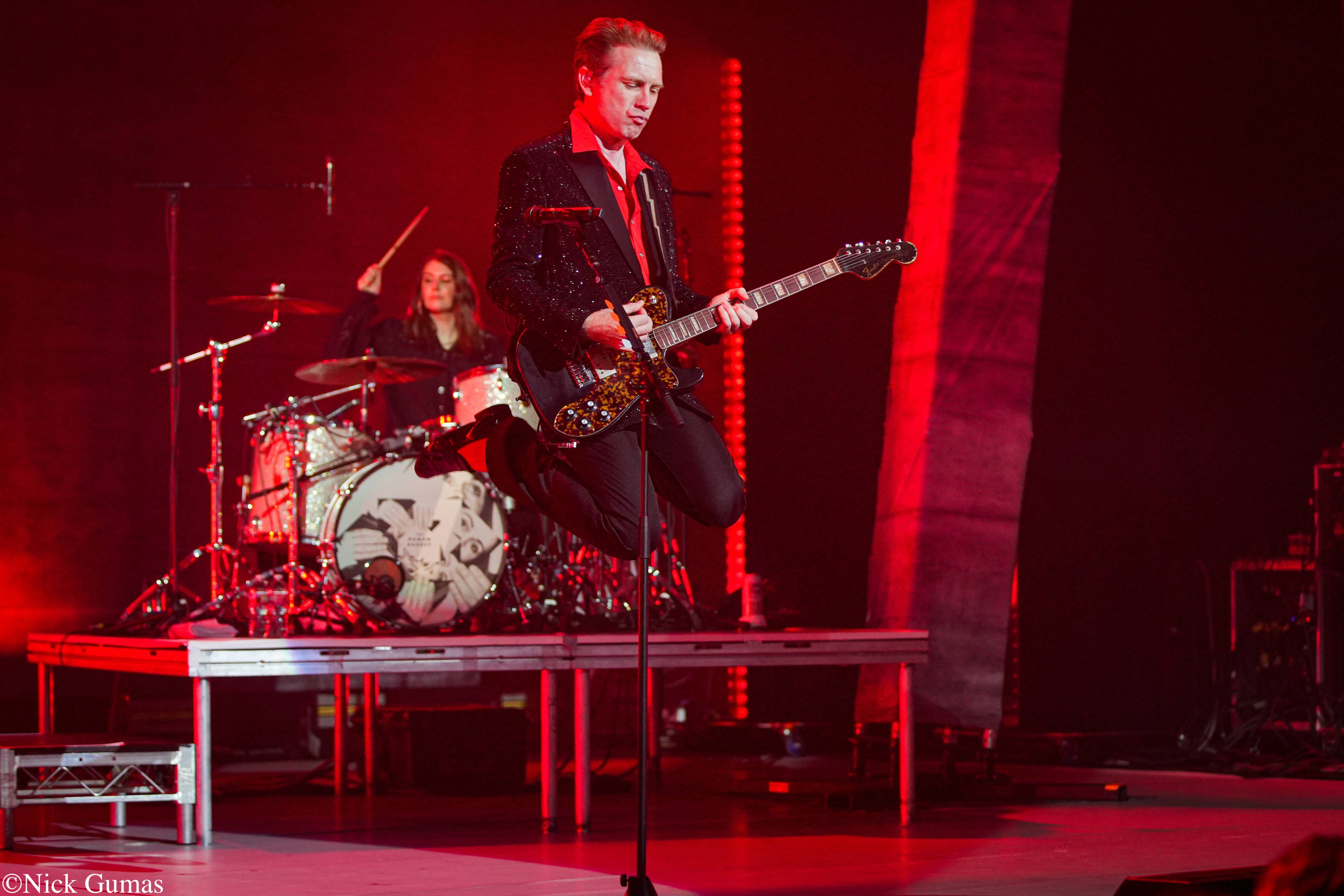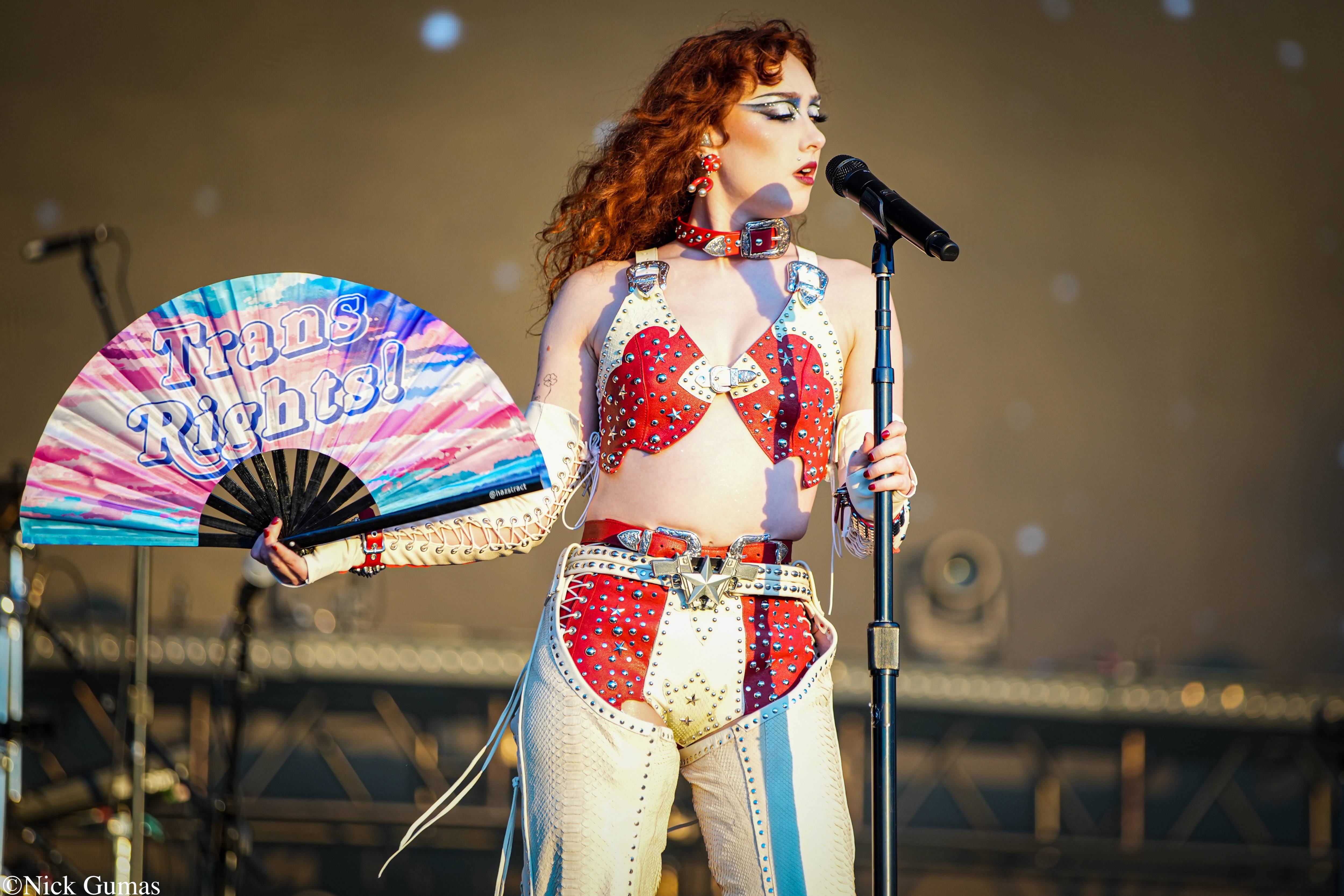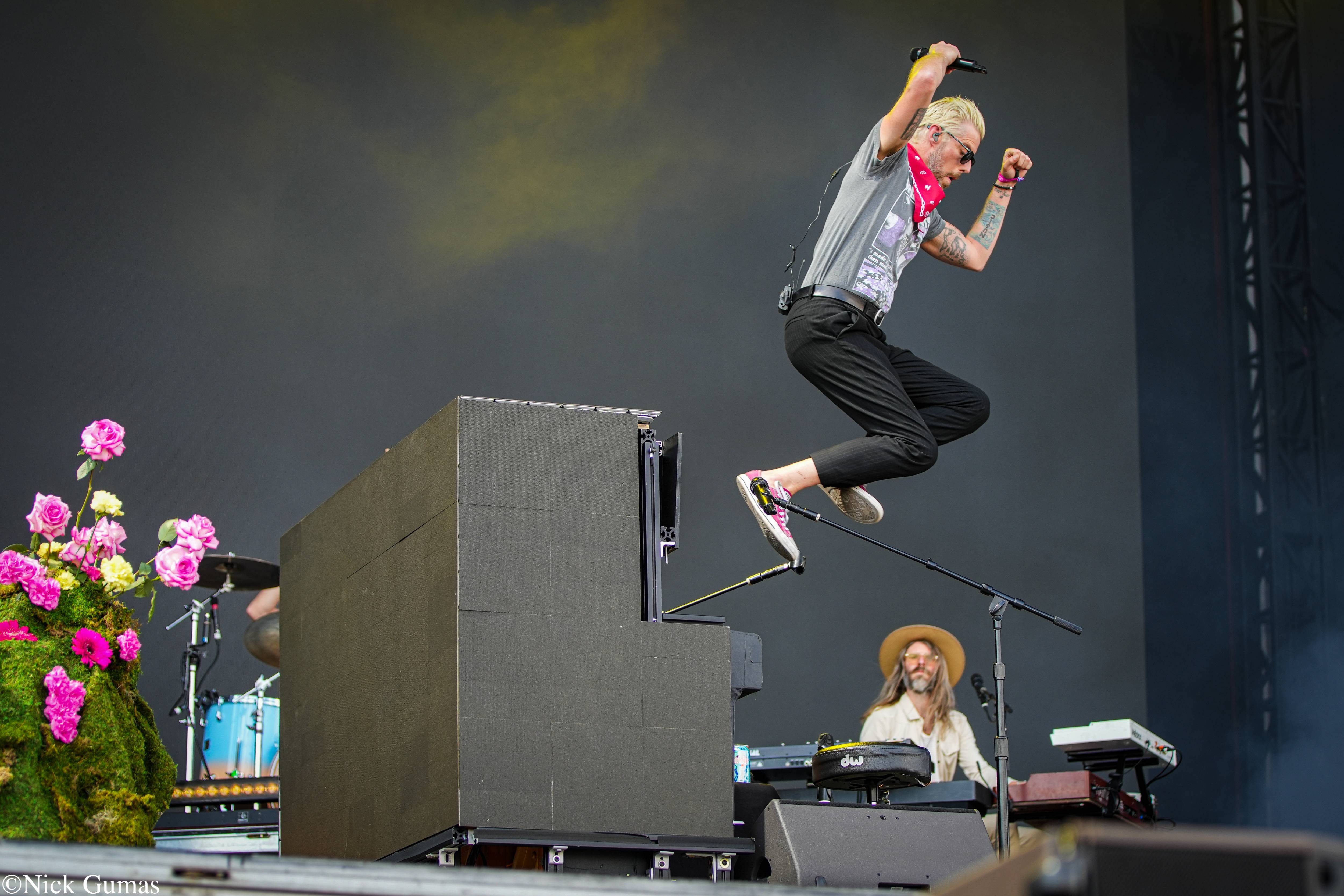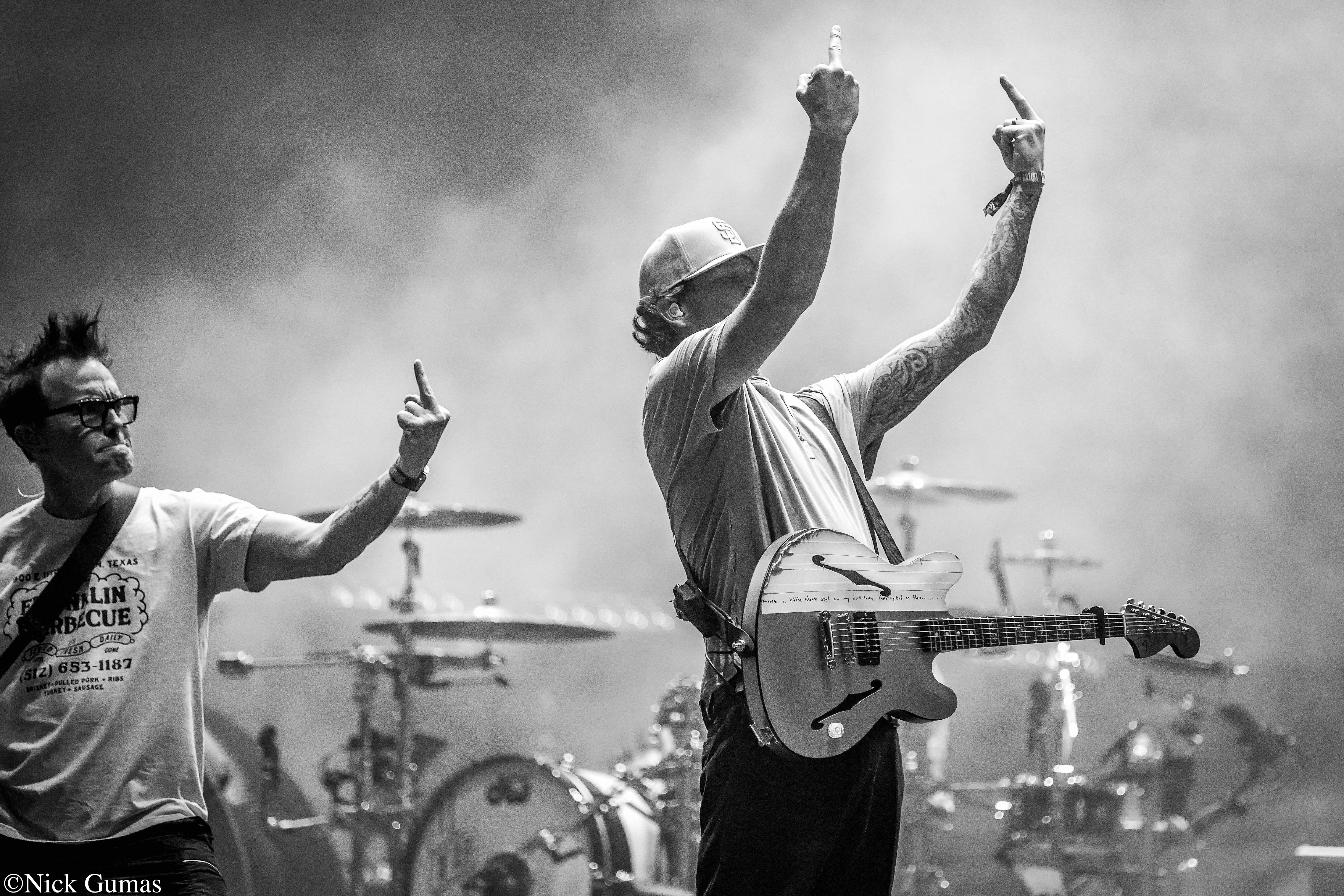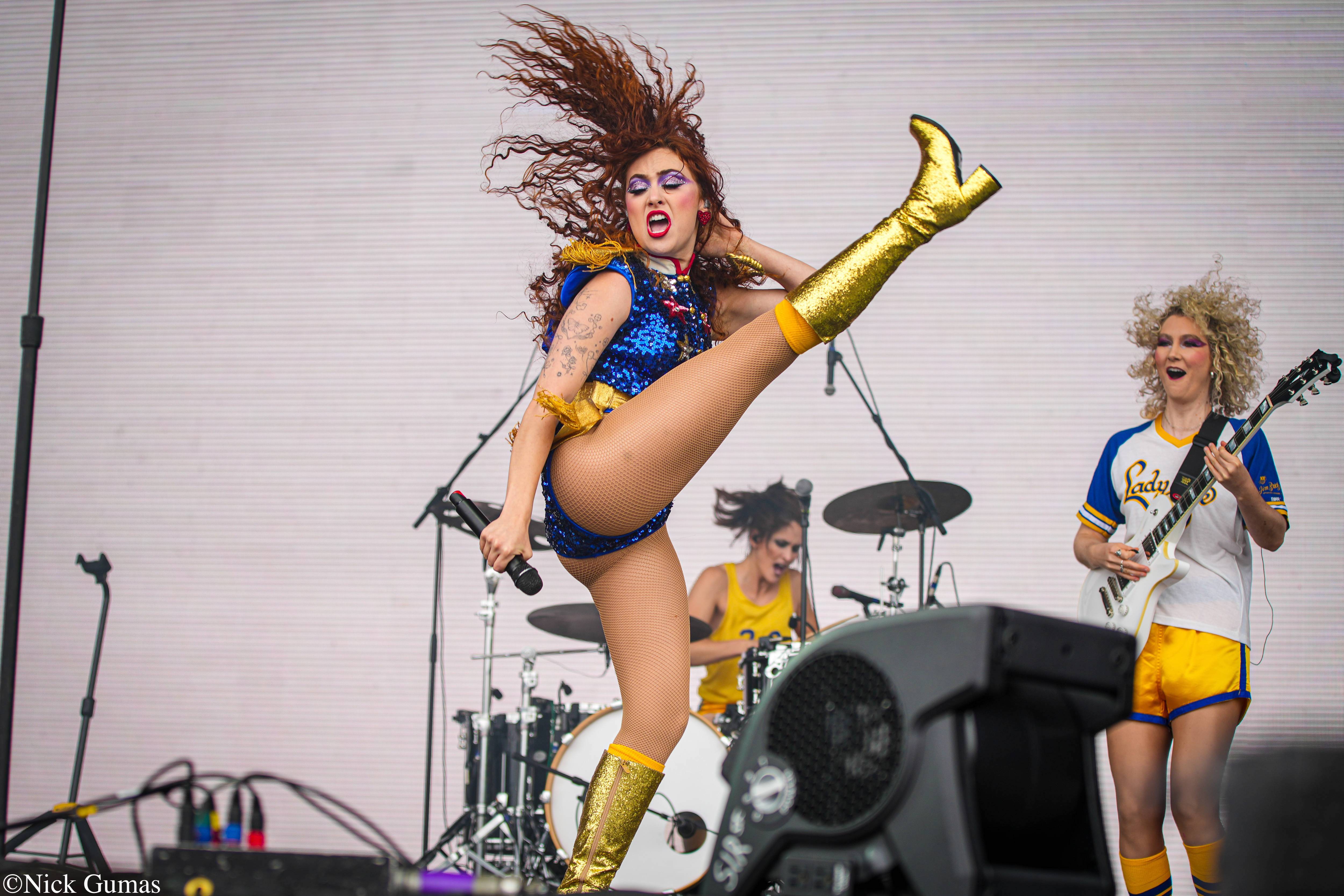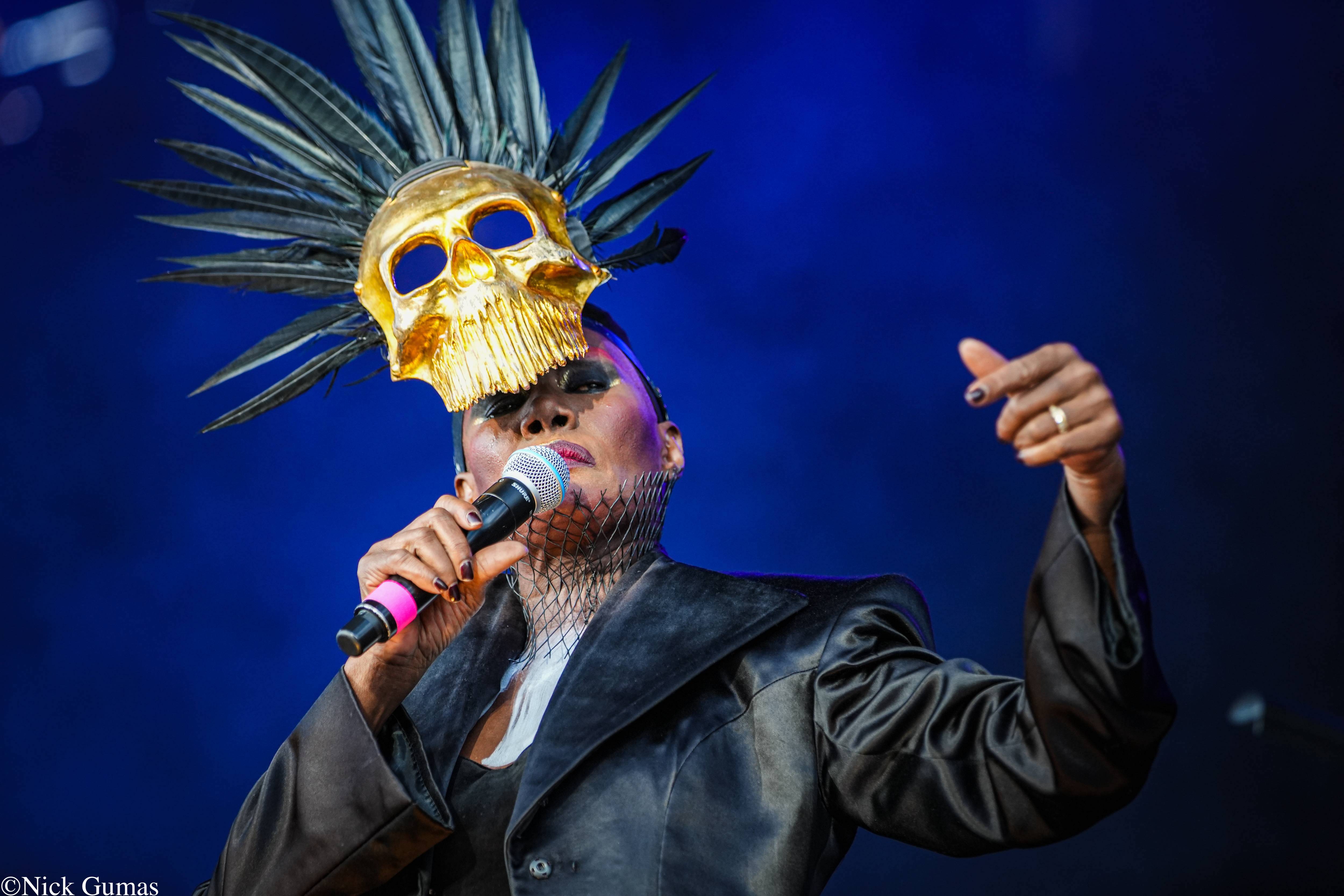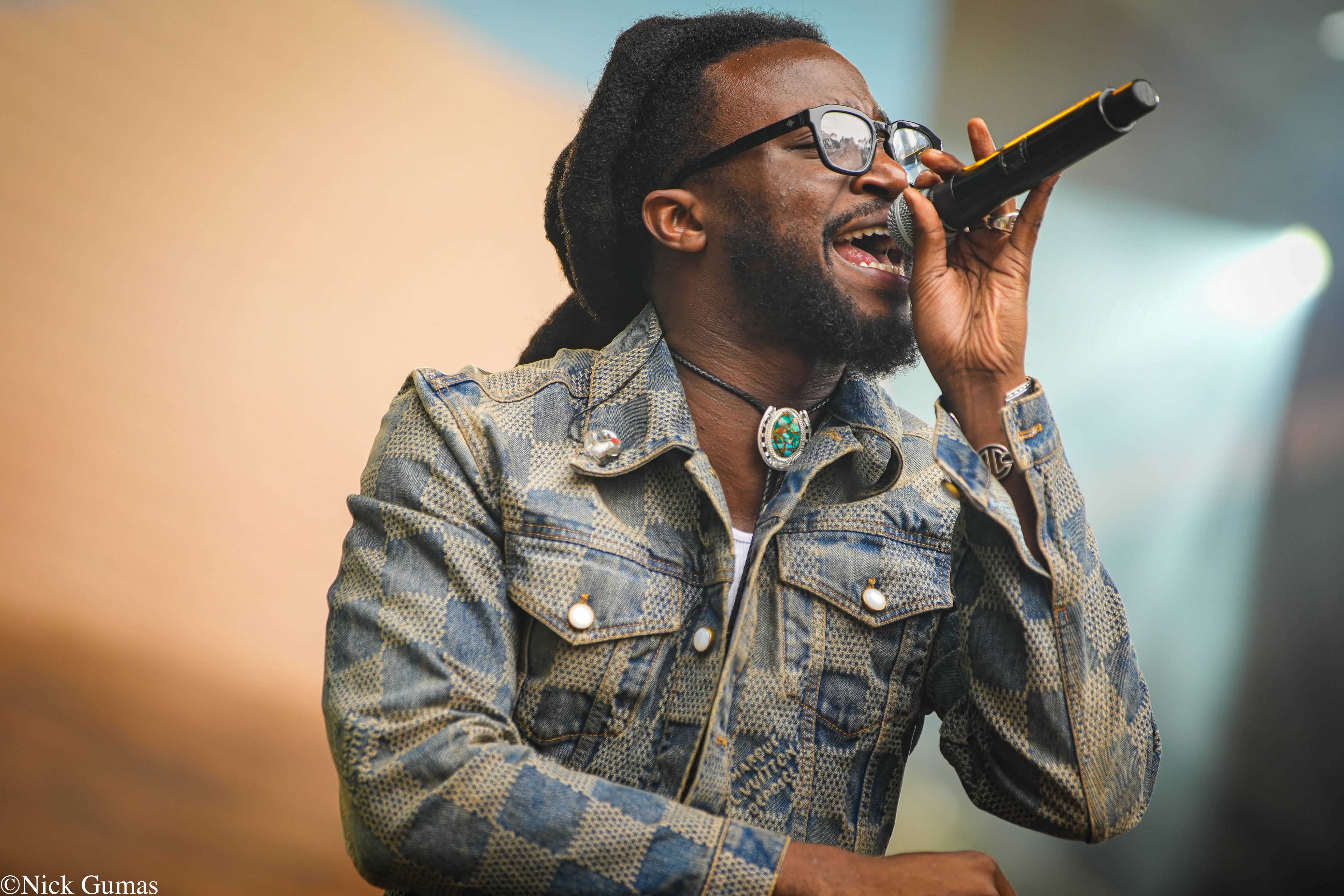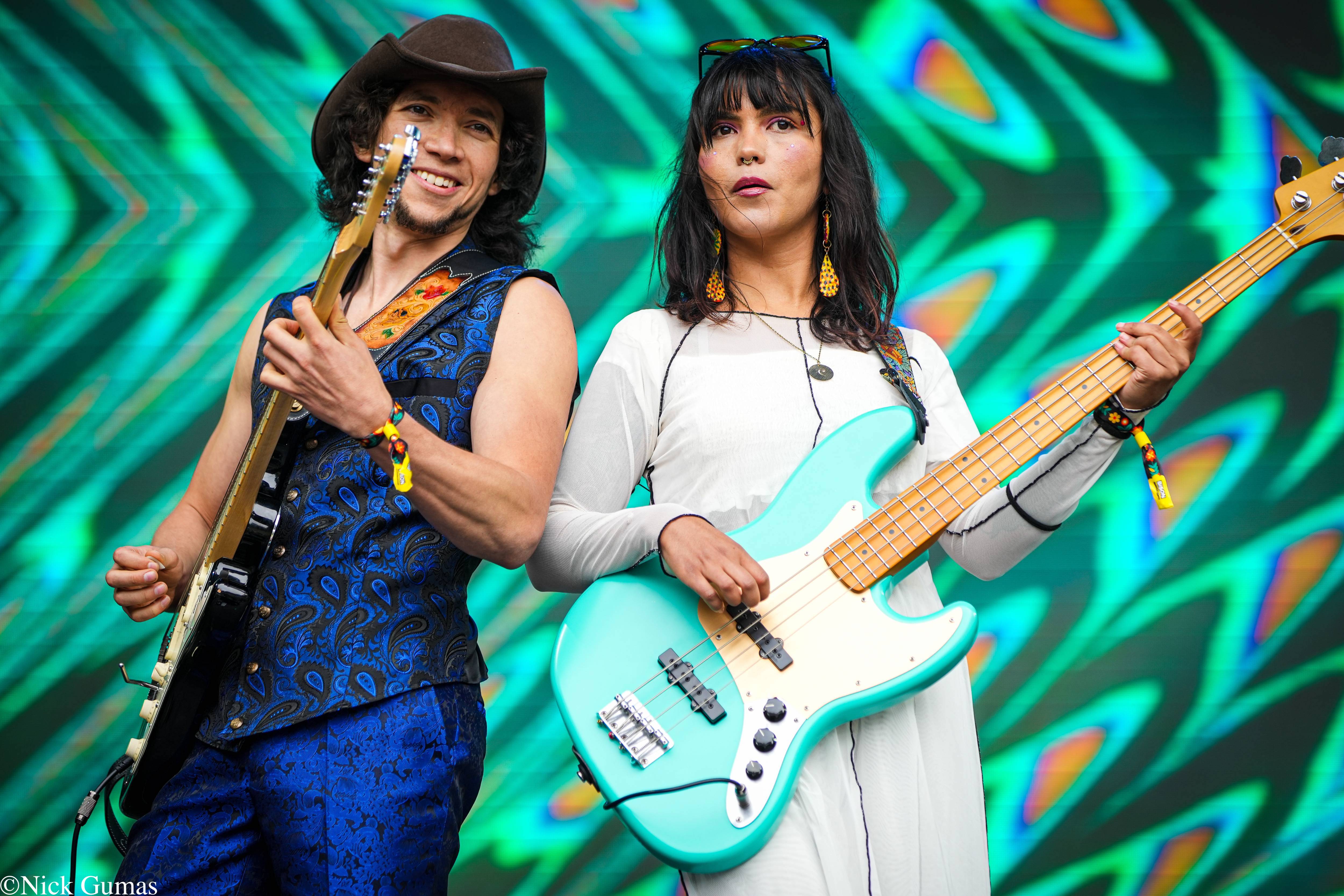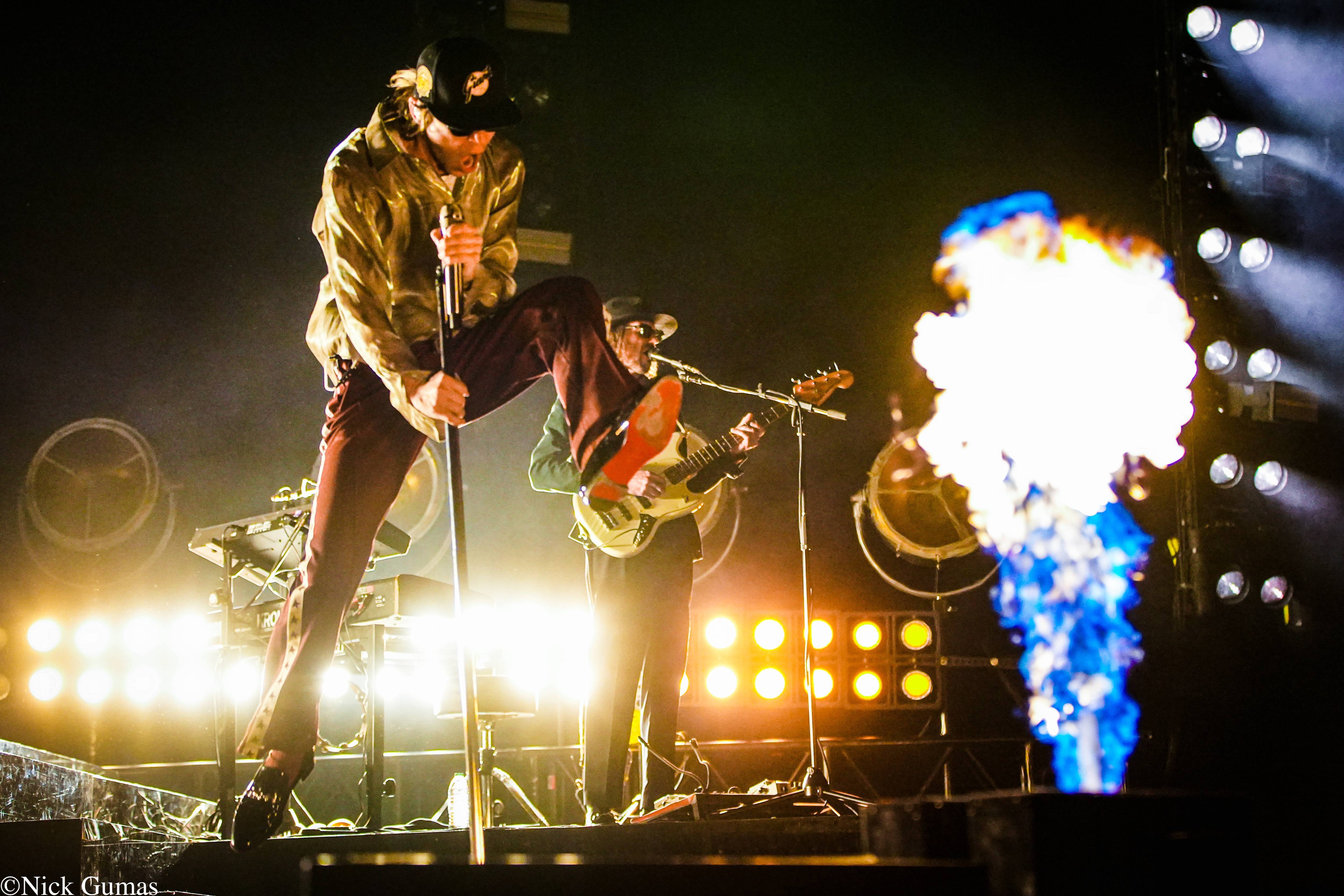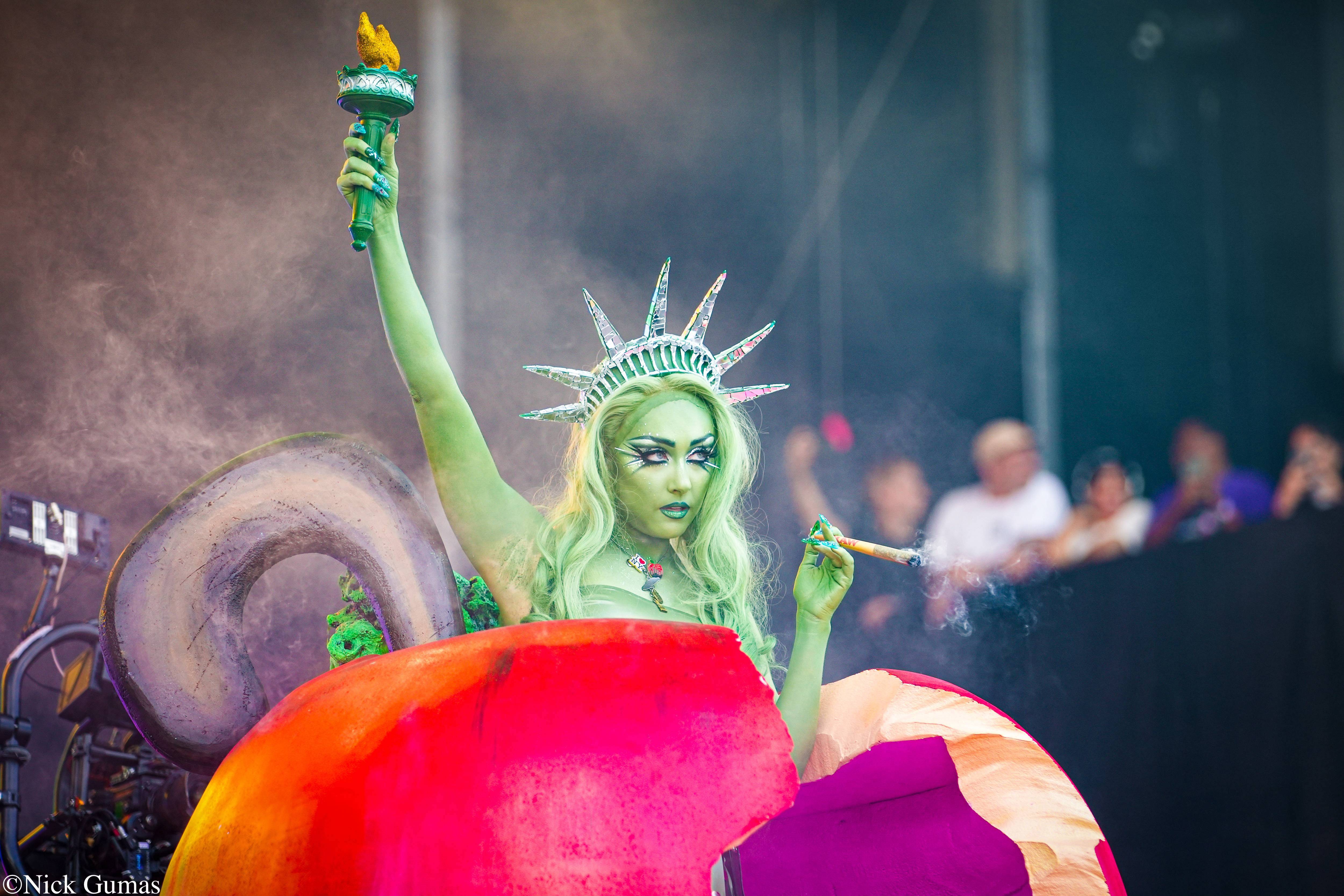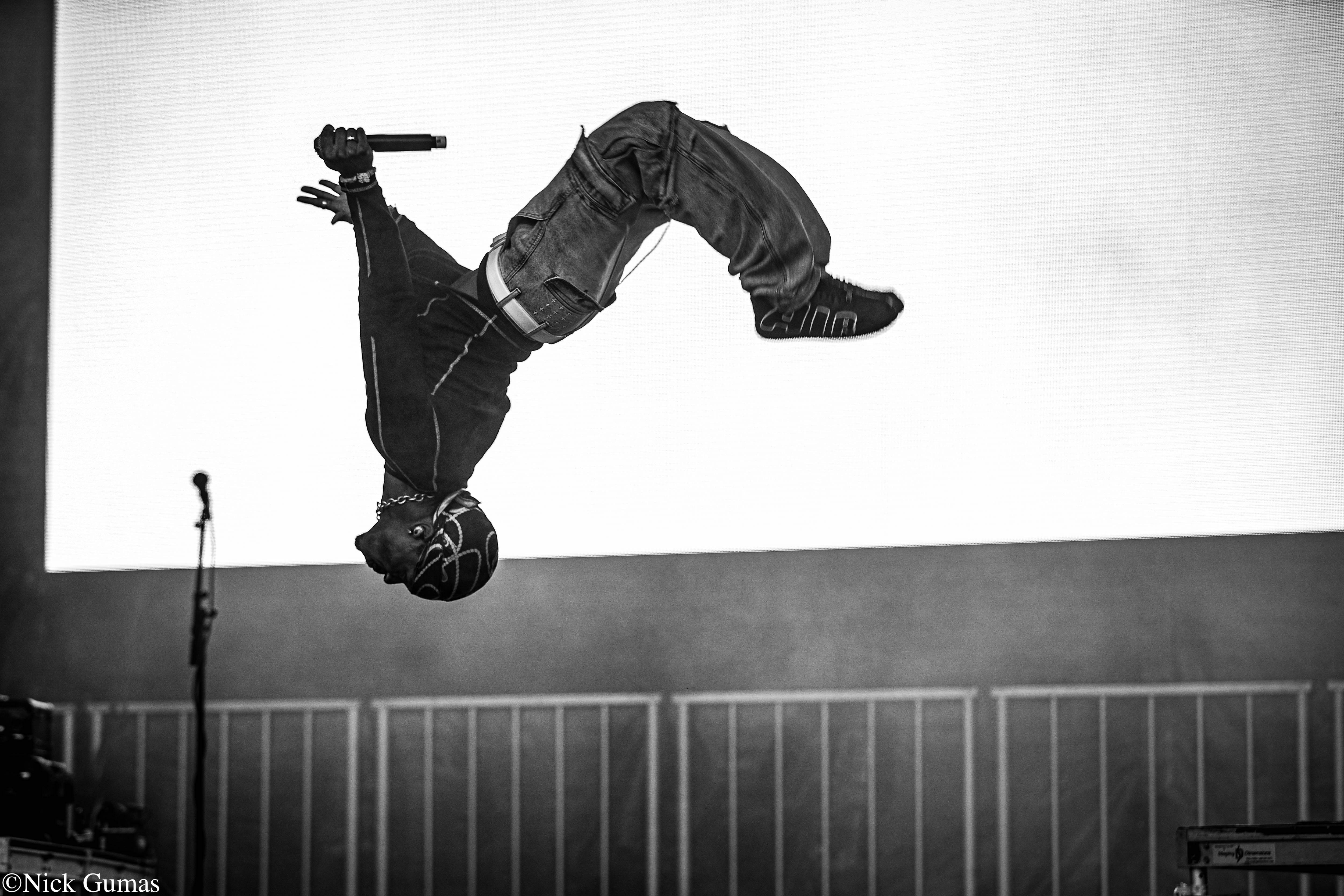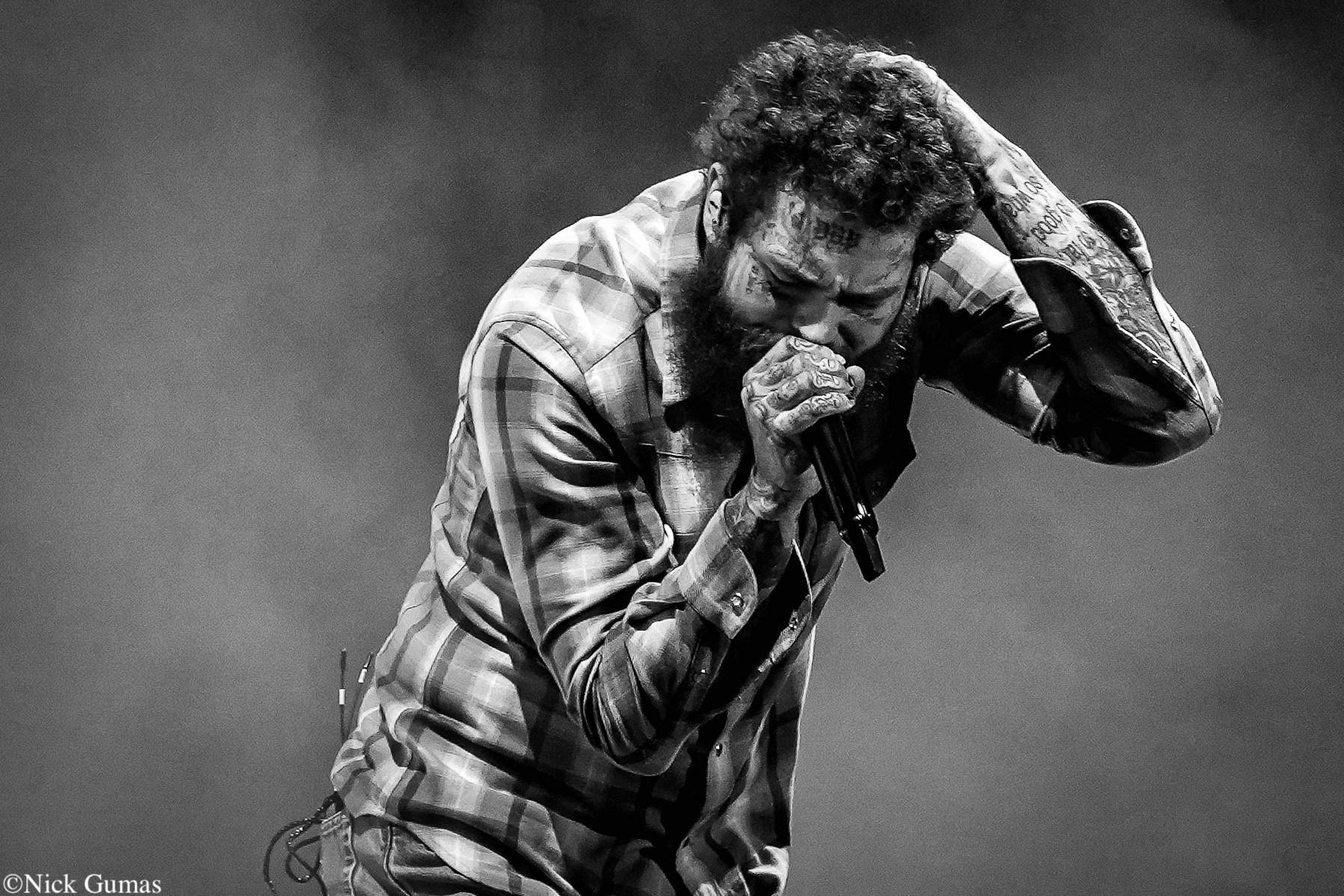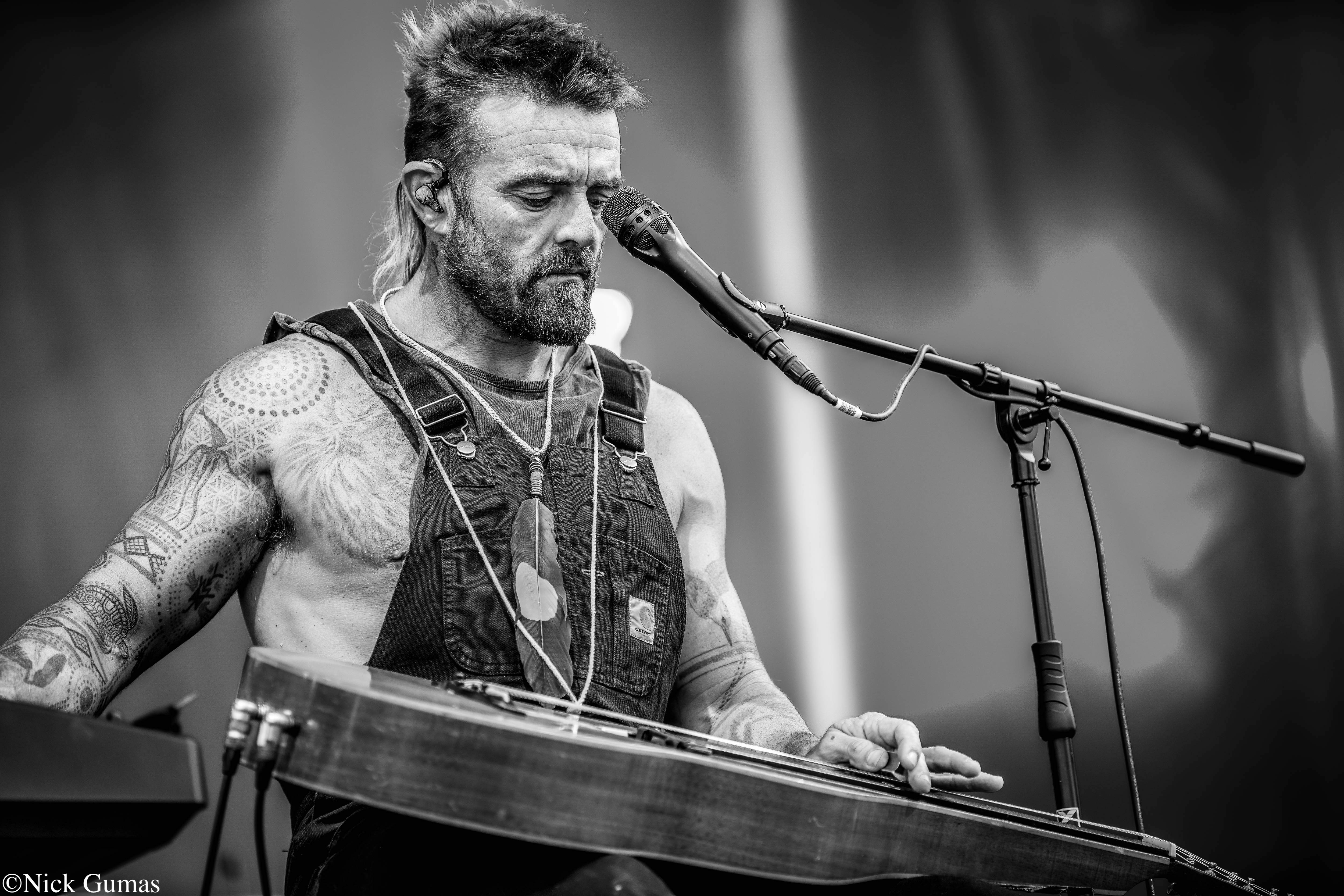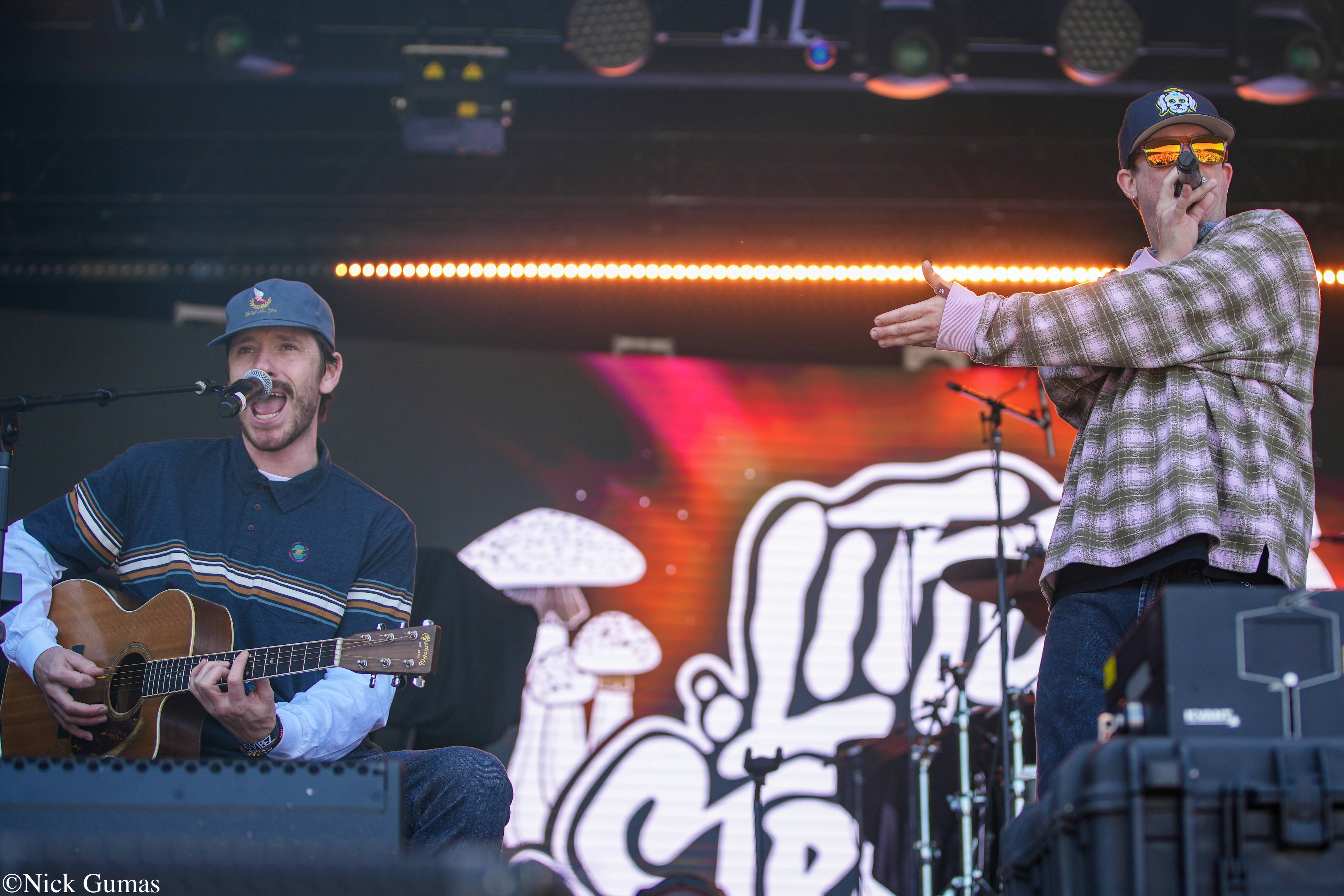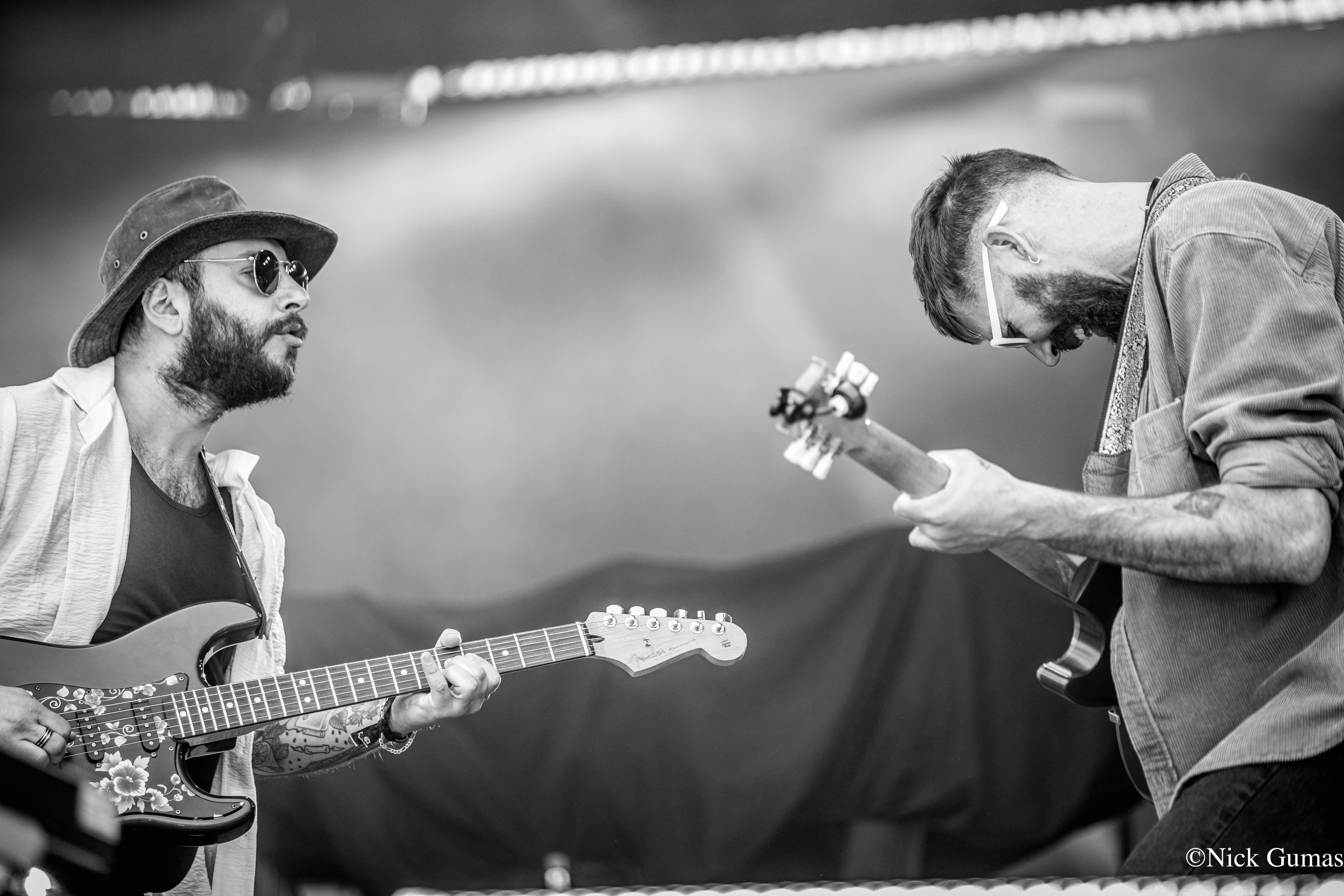Carl “Buffalo” Nichols is a living anomaly in this ever-commercial world. With a stage name that reflects the rarity and value of his art, he lives to embody in his personal life the values he advocates for in his music. Not even two weeks removed from the release of his Sophomore album “The Fatalist,” his demeanor hardly reflects acknowledgment of its notoriety, focused not on the accolades it has received, but rather on those who have received its message. Reserved, not shy, but humble, with more passion for the blues than many have for the world he holds in obvious reverence, he bleeds for his art with every note he writes.
Grateful Web had a chance to meet with Nichols backstage at San Francisco’s Hardly Strictly Festival this weekend to hear his thoughts on the influences that went into his writing, where he draws the line on privacy, and his outspoken passion and concern for the current and future status of Blues music.
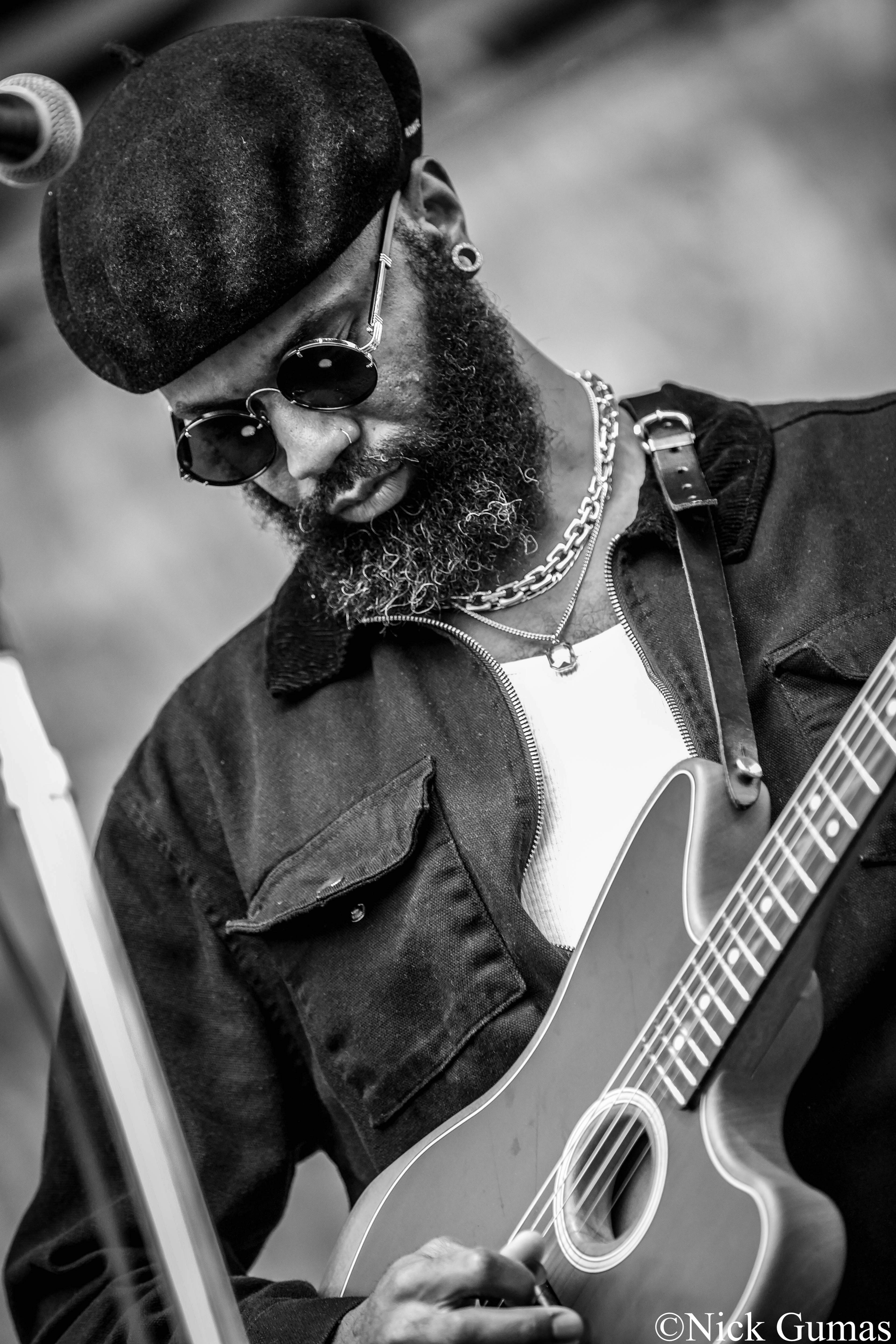
Grateful Web: Your new album “The Fatalist” dropped a couple of weeks ago. How do you feel getting to add the singles to your setlist and how do you feel about its reception so far?
Buffalo Nichols: I’ve been slowly adding the new stuff to my set, it feels pretty good. The reception, it’s hard to say.
GW: You’ve been rising on the Billboard rankings, though. That’s got to feel good.
BN: Yeah, it does feel good. Last one made it on the Billboard charts too, so it’s good to be able to see my name up there.
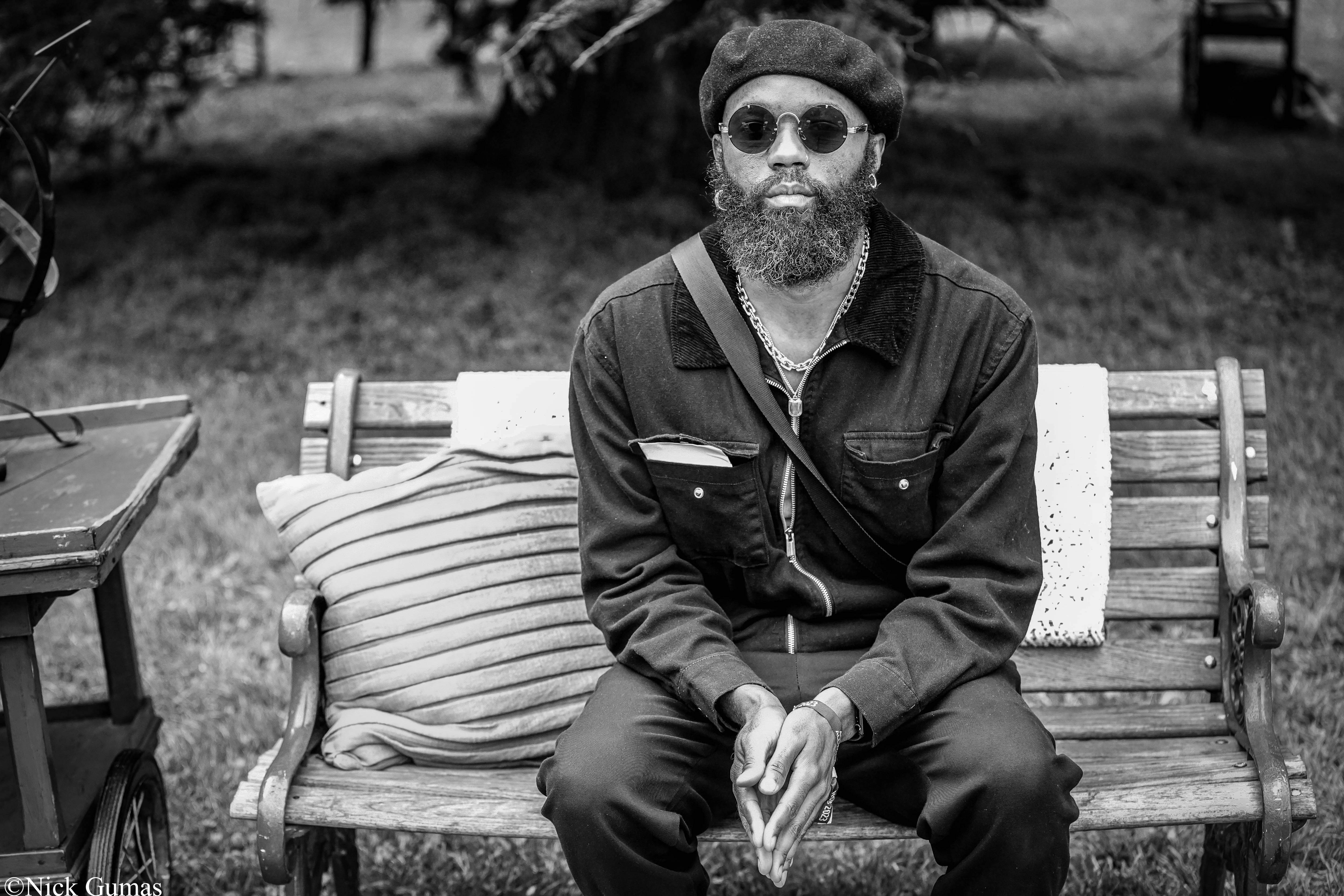
GW: Who was “The Difference” written about?
BN: Oh that’s none of your business.
GW: Fair enough. So during your set today you played a sample of a quote that went “What you got today is not the blues, it’s just the beat that people carry.” I know you’ve been very outspoken on your views of modern blues. Who was that quote by and why did you choose to incorporate it into your set?
BN: That’s from a Howlin’ Wolf interview. I chose it for a couple of reasons. One is because I think it shows that there were people at one point who cared about the music enough to say “This is what it should be and this is what it shouldn’t be” and people have an issue with me being one of those people and maybe people might think that I haven’t earned it, but somebody needs to protect the culture. I said it almost ironically because the way that I play is not traditional and it’s not what people expect of the blues, at least live, but I just wanted to say I get to decide what the blues is or isn’t. As long as I’m out here traveling, playing the music, and writing the music I can do whatever I want.
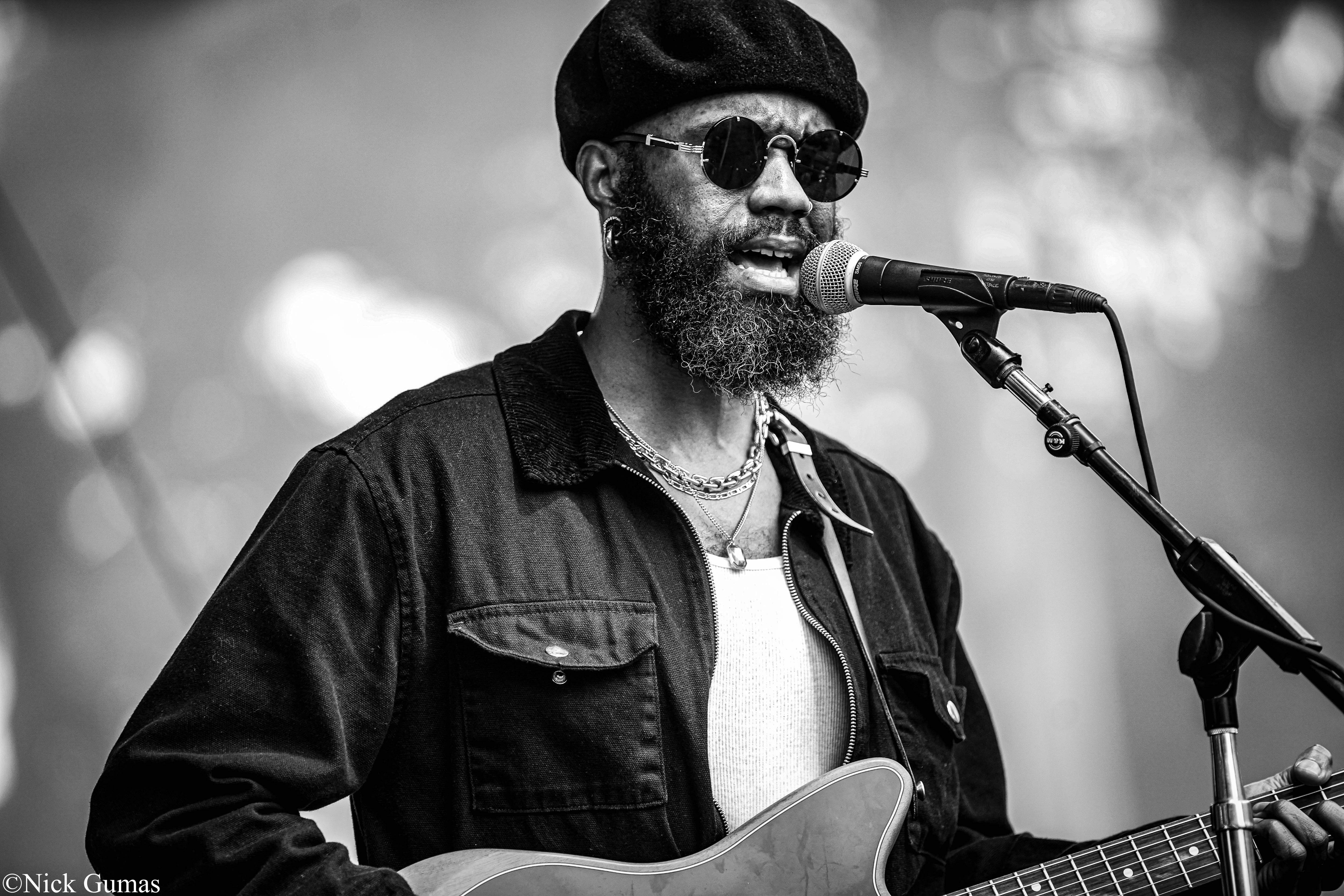
GW: What do you think is the most detrimental threat to the blues out there right now?
BN: The musicians, the fans, the labels, and the radio.
GW: Do you think it’s gotten too far from the message or too far from the culture?
BN: I think it’s lost its artistic integrity. It’s purely entertainment, which is fine for some people, but I think there needs to be a little more depth to it.
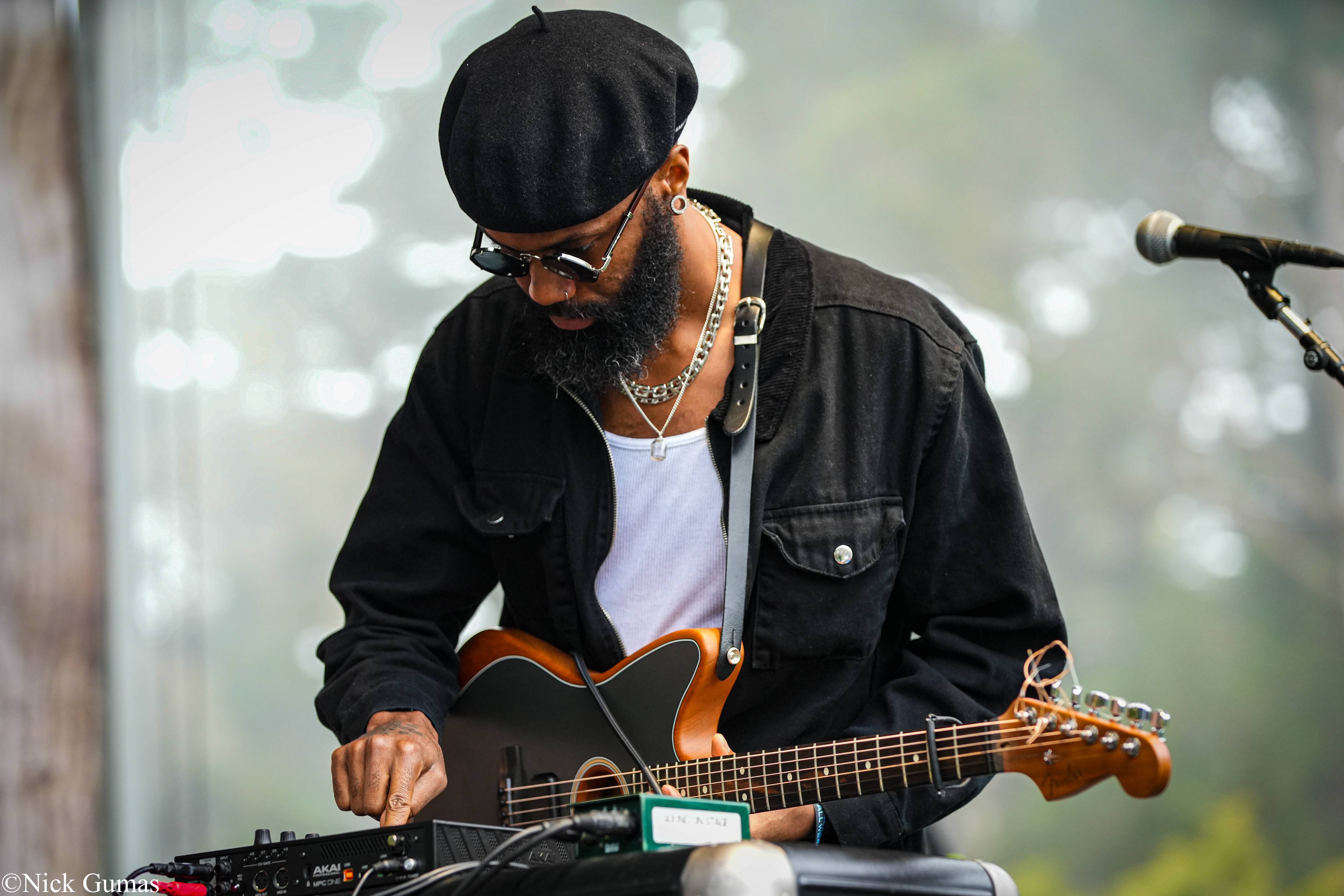
GW: I know you have a good relationship with Christone “Kingfish” Ingram who’s here today, but do you think there are any other young artists who are carrying the torch in the right direction?
BN: Yeah, I keep in touch with a few of them, there’s Crow Billiken out of Nashville, there's Jontavious Willis, somebody that I keep in touch with, and Stephen Hull from Wisconsin. There’s a lot of people doing their own thing and doing it from their heart, which is important.
GW: How do you see Blues and Roots music received in different states across the country?
BN: It’s different everywhere. Sometimes I play in the south, southeast, and there's a lot of people who want to hear the blues, the traditional blues, but when I’m out on the coast people like when I go out there and do the weird stuff. And they don’t really expect me to do any covers or anything, they just kinda wanna hear what I’m doing which I appreciate. It’s different everywhere.
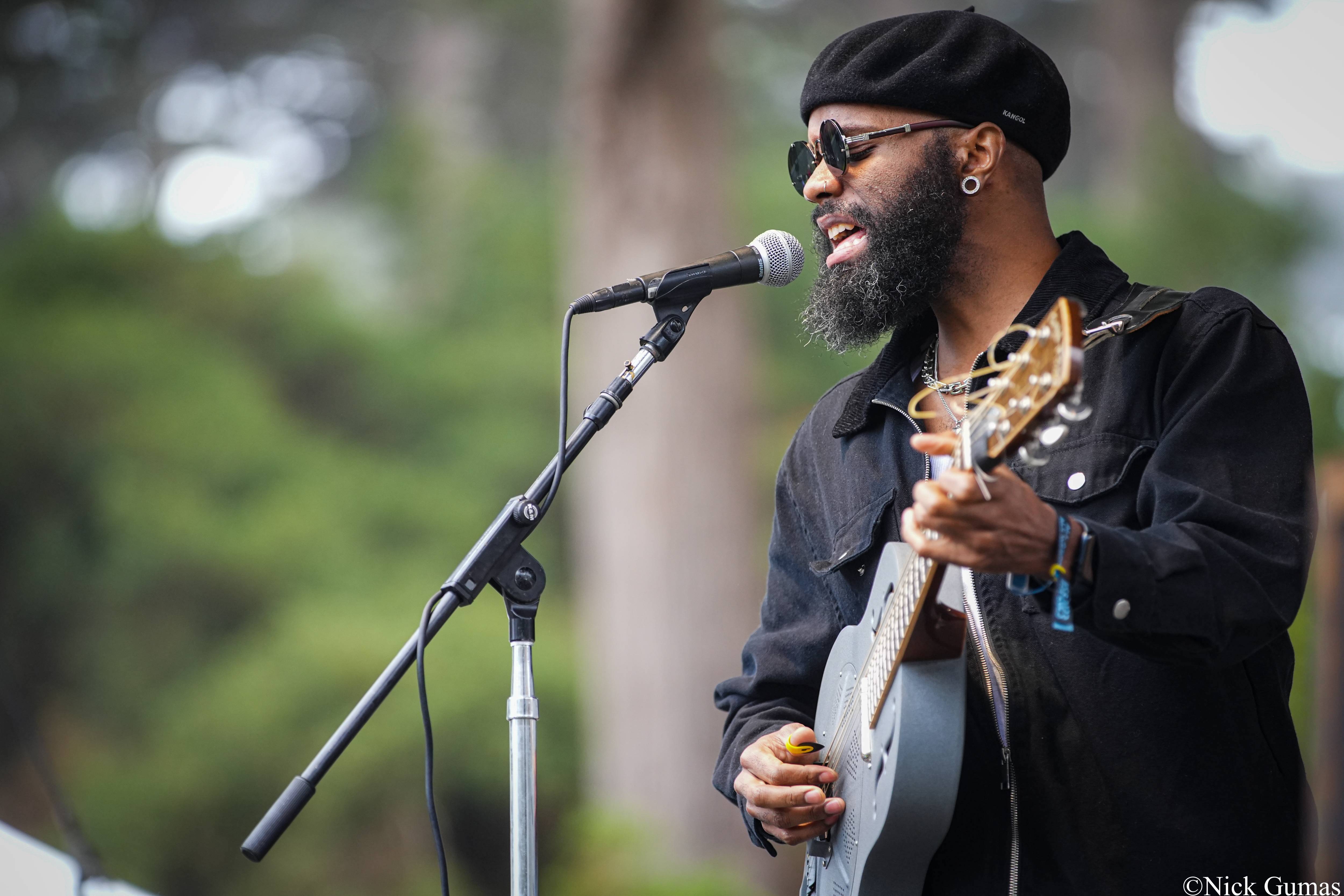
GW: So I have to ask everyone from Texas who comes to California this question. What’s better, In-N-Out or Whataburger?
BN: It’s hard to say. I think Whataburger is pretty bad, I’ve only had In-N-Out once. I would say neither.
GW: What’s on the horizon for you?
BN: I have a lot of tour dates, I’m going everywhere, so no excuse not to see me. I’m out there.
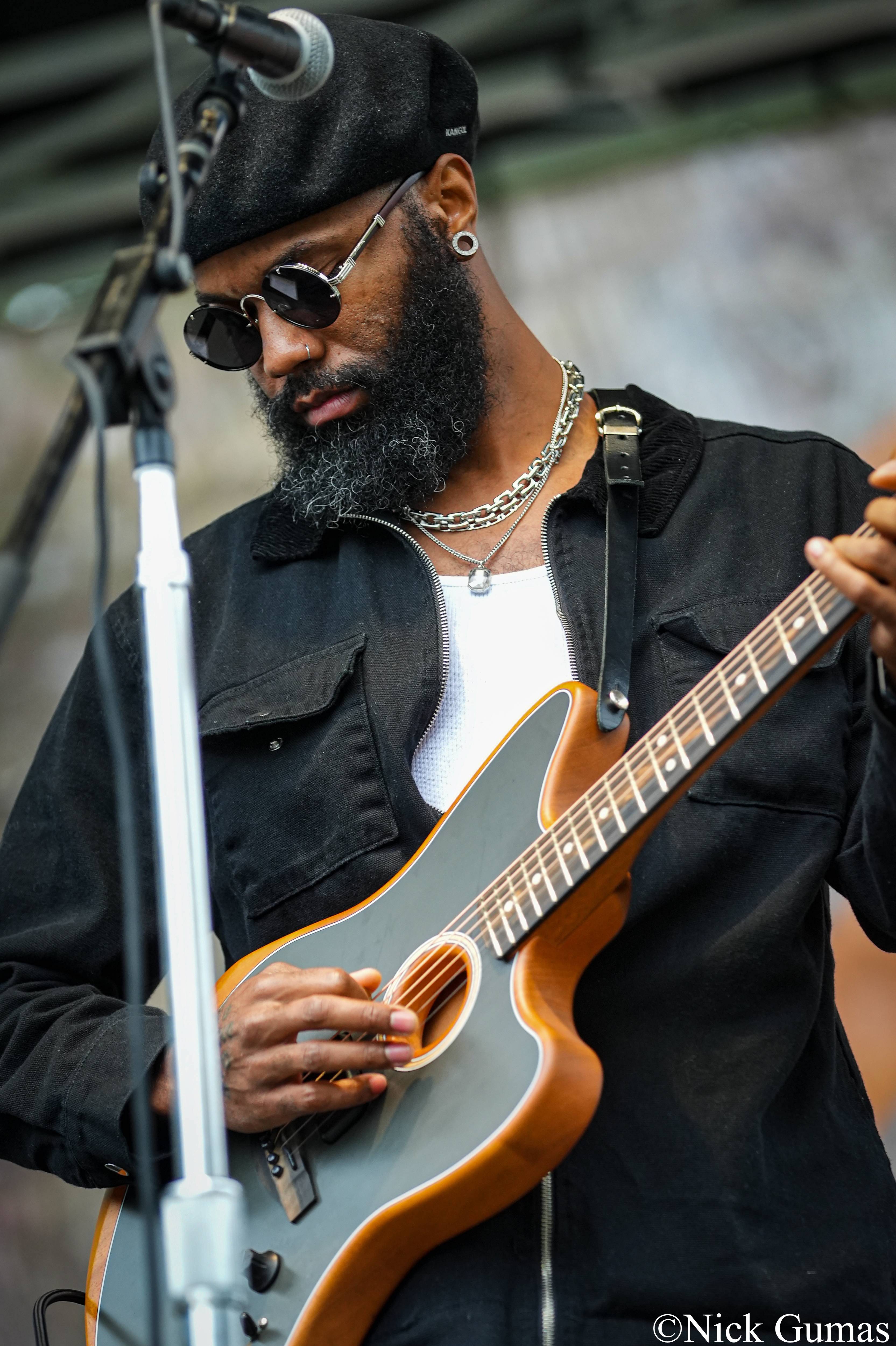
GW: What’s something you don’t get to talk about as often as you’d like?
BN: My own music. Most of the time I talk about other things. The blues and other artists, but people don’t really ask me about my own creative process very often.
GW: If you had to put your creative process in a 15-second elevator pitch, how would you describe it?
BN: I mean, it would take a lot more than 15 seconds, but I’m just trying to express myself in a way that’s connected to the ancestors, but also relevant in a soulful, meaningful, cultural way. I’m not trying to impress anyone, I just want to leave a lasting musical and cultural impact for other people to take inspiration from.
